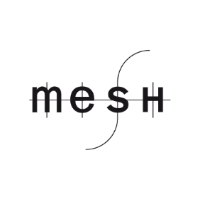In the face of climate change, global warming, biodiversity loss and multiple diverse direct and indirect environmental as well as social and economic effects of missing and failing sustainability, the implementation of sustainable development in all states worldwide, including Germany, is the core “plan of action for people, planet and prosperity” (UN, 2015, 1) in our generation and the ones to come. This already suggests that sustainability and sustainable development are only possible through and with the active engagement of as many as possible, if not all, world citizens. It is thus striking that people with intellectual disabilities, along with people with disabilities in general, are more or less overtly excluded from policy documents, societal communication and discourses, action and education about and for sustainable development.
The project investigates links between sustainable development and disability studies, focussing especially on sustainability for all as a means and a goal of inclusive education and inclusion of all as a means and a goal of sustainable education. This inclusive education for sustainability will focus especially on achieving environmental or climate (change) literacy in and through literary learning and education.
The main theoretical aims are:
- to think about people with disabilities and sustainable development in the framework of political documents and societal expectations to identify their specific vulnerabilities and how resilience can be built in combining environmental justice with disability studies,
- to trace sustainability in education in the form of different literacies, different iterations in general (e.g. Wolfgang Klafki) and specific (e.g. Georg Feuser) educational theories, German school curricula and frameworks (e.g. BNE), and studies depicting the current state of education for sustainable development (inter)nationally across different subjects – pointing out a revised learning goal with associated competences for an inclusive education for sustainable development,
- to develop a framework for an inclusive education for sustainable development through carefully chosen fictional stories, assembled in multimedia and multimodal textures (Hoydis, Bartosch, Gurr 2023), and made accessible through holistic, embodied, and multisensory tasks suitable for all learners in inclusive and diverse learning groups.
Developed textures and tasks will be empirically investigated in a qualitative study involving teachers and learners.
Working title (German): Katastrophenvorbereitung durch climate change literacy mithilfe von multimedialen Texturen für Menschen mit Lernschwierigkeiten
Supervisor: Professor Dr Roman Bartosch
